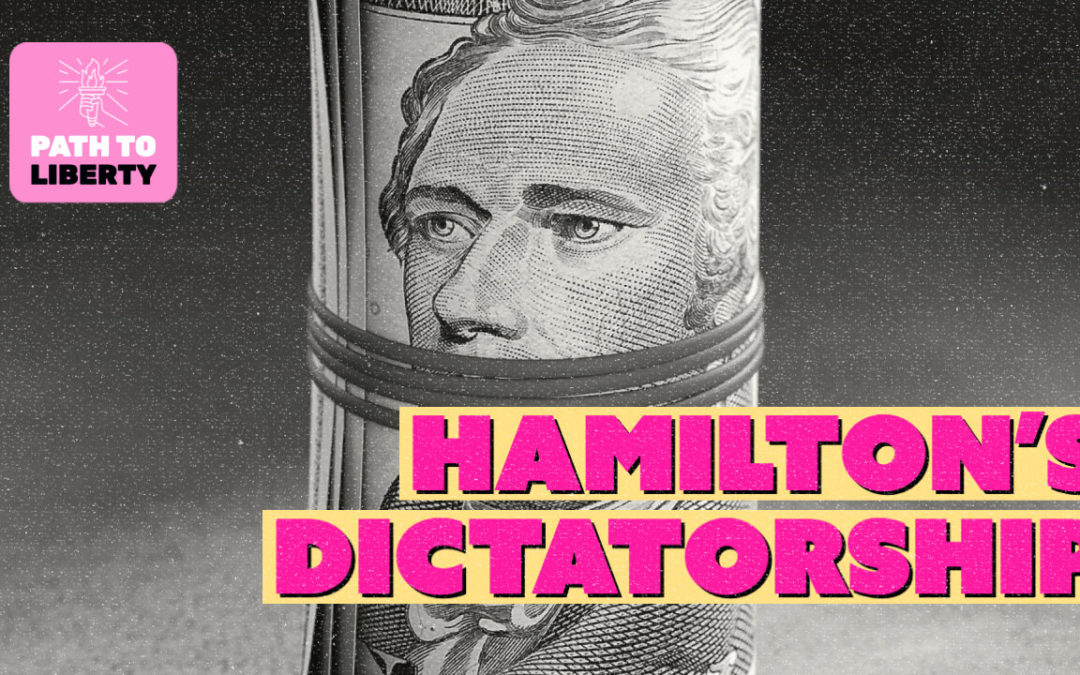
Cato

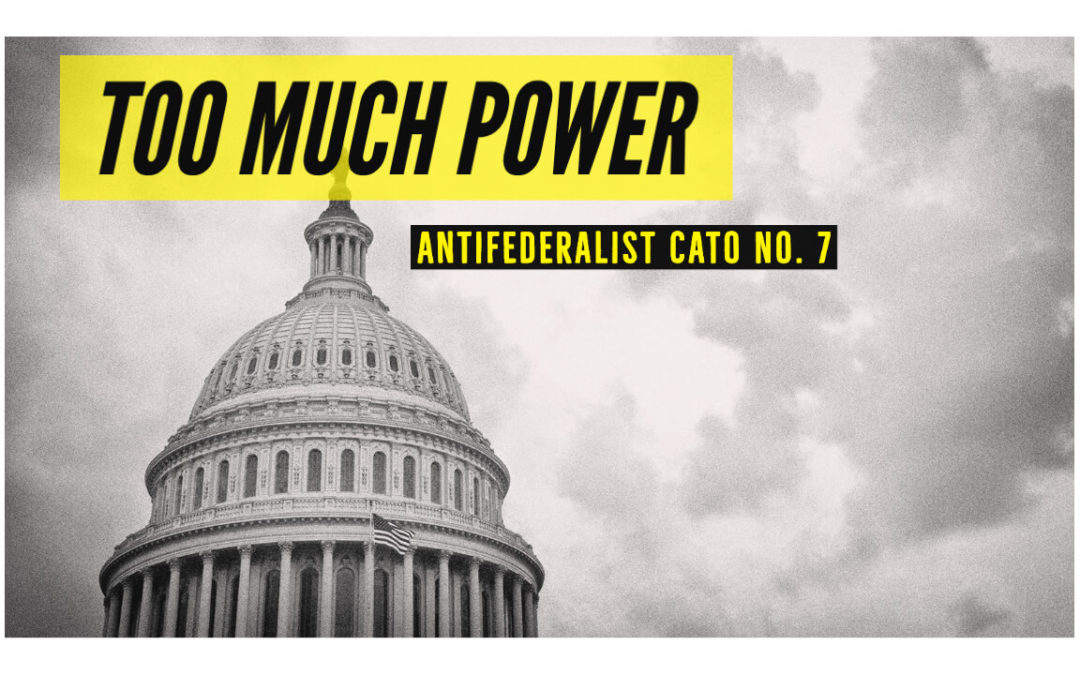
Too Much Power: Antifederalist Cato No. 7
In his last Antifederalist paper, Cato once again rails against centralization and consolidation of power – a consistent message for his entire series. Citing Montesquieu, he warns that all governments expand with “an insensible descent to evil.” The remedy?...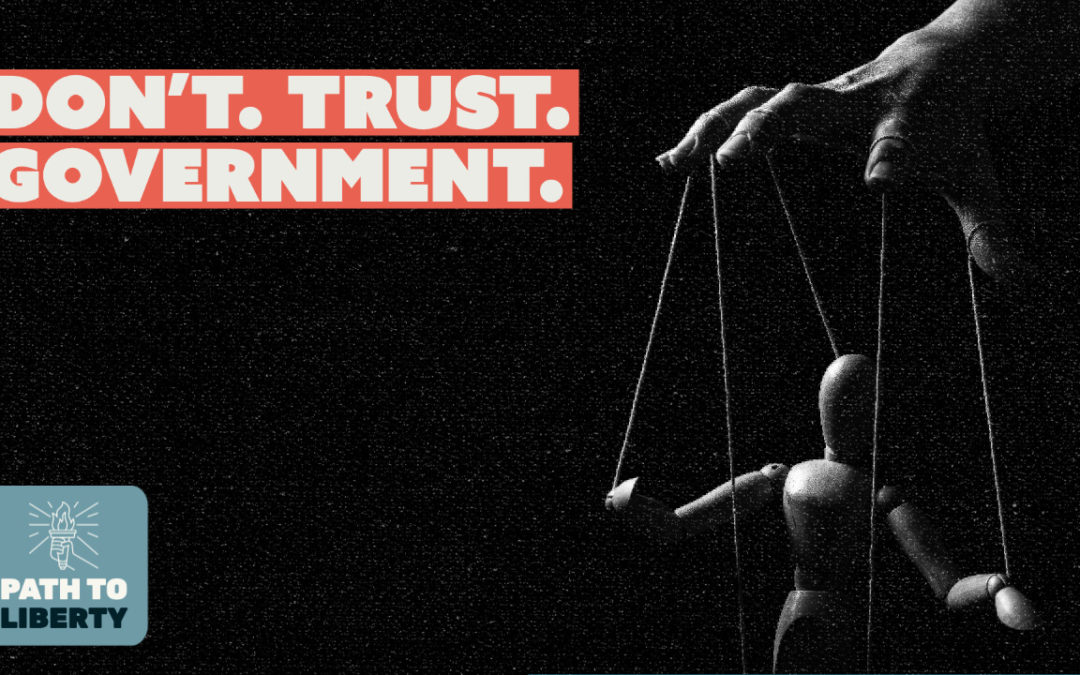
Don’t Trust Government: Antifederalist Cato No. 5
In his 5th paper, Cato reiterates the issues he has with the structure of the executive branch, moves on to reject claims that a free people would never let their government devolve into tyranny, and then rips into the structure of Congress. He warns the system will...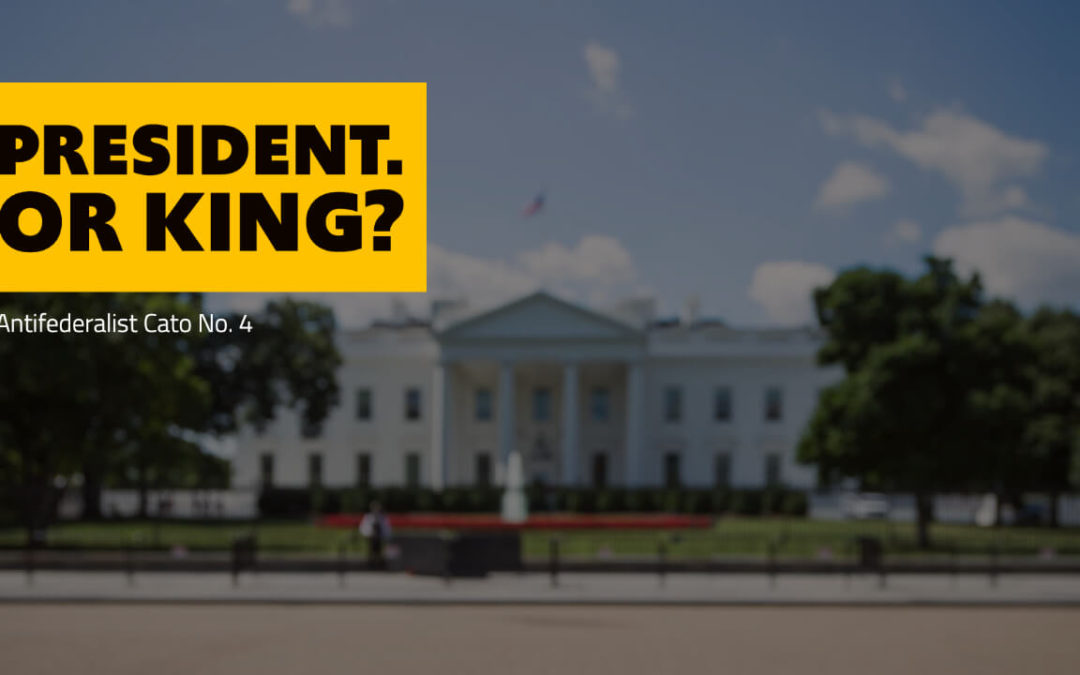
President or King? Antifederalist Cato No. 4
Cato was one of the first Antifederalist writers to examine the executive branch. He predicted it would “tend either to the establishment of a vile and arbitrary aristocracy, or monarchy,” with a permanent class of elites ruling from on high. Path to Liberty: March 2,...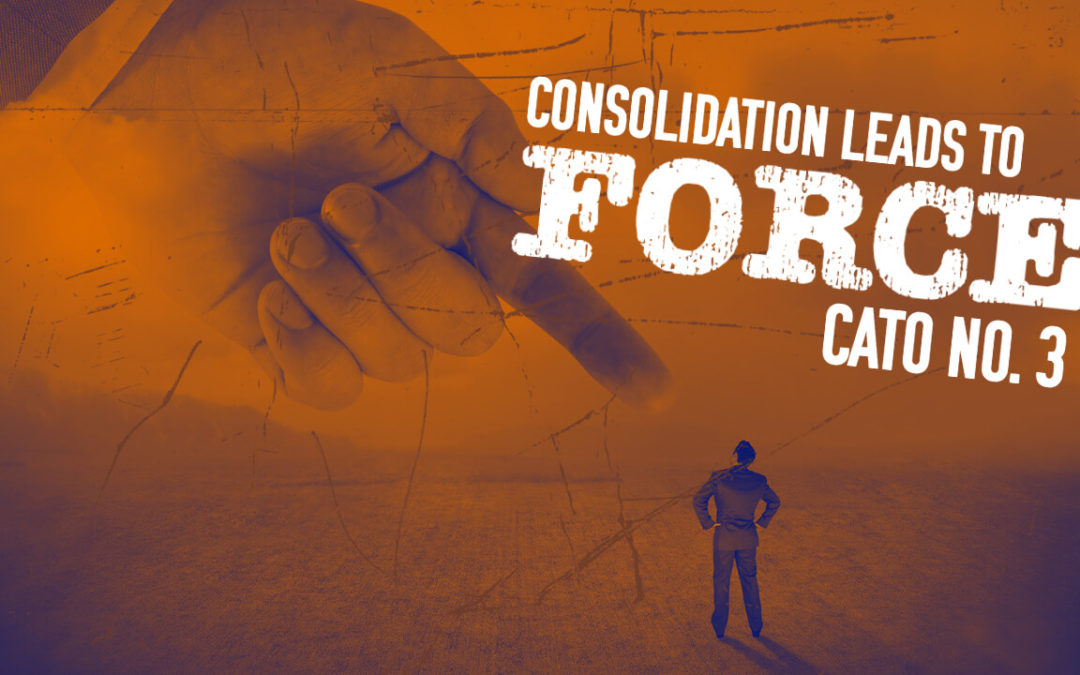
Consolidation Leads to Force: Antifederalist Cato No. 3
In his 3rd paper, Cato focuses on the dangers of consolidation, or centralization of power. In support, he relies on both Montesquieu and Locke – warning that a consolidated government would never be able to properly represent the views of people in different...